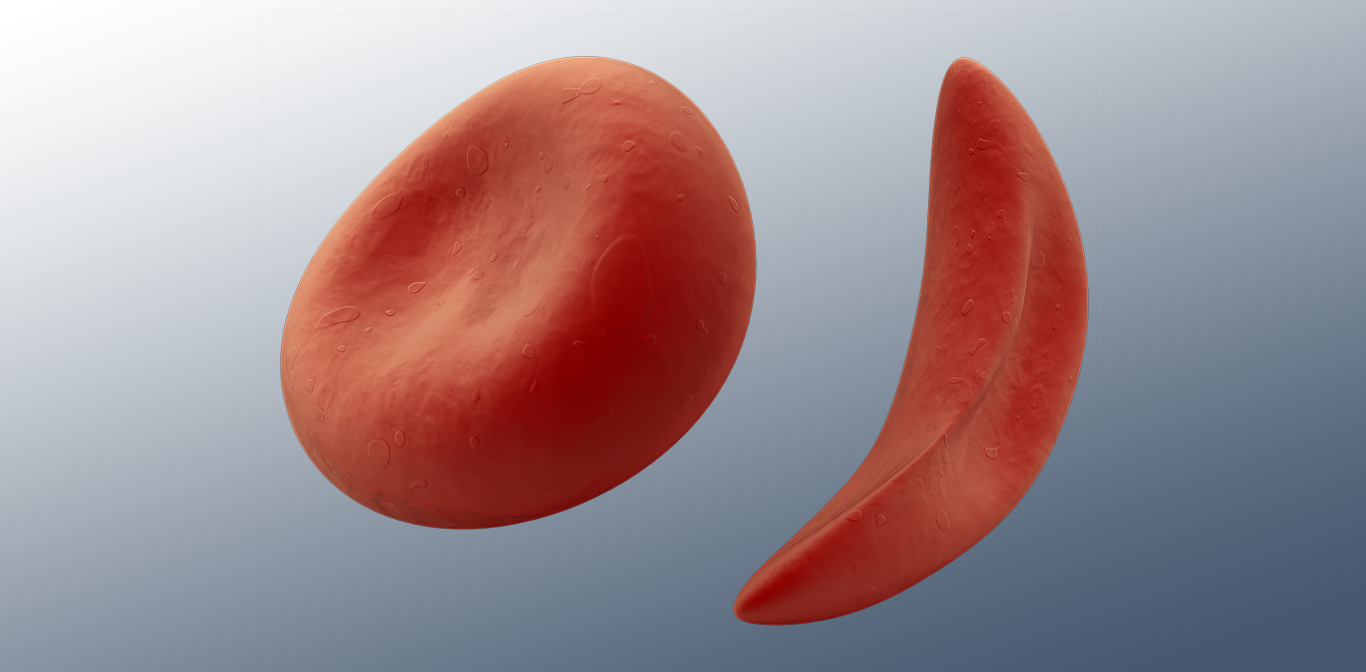FDA Advisory Committee Recommends Approval of Endari™ from Emmaus Life Sciences for the Treatment of Sickle Cell Disease

TORRANCE, Calif., May 24, 2017 /PRNewswire/ -- Emmaus Life Sciences Inc. announced today that the Oncologic Drugs Advisory Committee of the U.S. Food and Drug Administration (FDA) voted 10 to 3 that the overall Benefit-Risk profile of EndariTM for the treatment of sickle cell disease (SCD) is favorable. The FDA has set a PDUFA target action date for July 7, 2017.
"We are encouraged by the positive outcome of today's Advisory Committee meeting and thank the committee members and FDA for their time to discuss Endari's potential as a treatment for patients with sickle cell disease. We also appreciate and thank the patients, caregivers and advocates for the important real-world perspective they provided during the Open Public Hearing," said Yutaka Niihara, MD, MPH, Chairman and Chief Executive Officer of Emmaus Life Sciences. "We look forward to continuing work with the FDA as the agency completes its review of the Endari New Drug Application."
If approved, Endari would be the first FDA-approved treatment for pediatric patients with SCD, and the first new treatment in almost 20 years for adult patients. The therapy is an orally-administered pharmaceutical grade L-glutamine.
The FDA is not bound by the Committee's recommendation, but takes its advice into consideration when reviewing New Drug Applications. Endari has received Orphan Drug designation in the U.S., Orphan Medicinal Product designation in the EU and Fast Track designation from the FDA.
About Sickle Cell Disease
Sickle cell disease is an inherited blood disorder characterized by the production of an altered form of hemoglobin which polymerizes and becomes fıbrous, causing red blood cells to become rigid and change form so that they appear sickle shaped instead of soft and rounded. Patients with sickle cell disease suffer from debilitating episodes of sickle cell crises, which occur when the rigid, adhesive and inflexible red blood cells occlude blood vessels. Sickle cell crises cause excruciating pain as a result of insufficient oxygen being delivered to tissue, referred to as tissue ischemia, and inflammation. These events may lead to organ damage, stroke, pulmonary complications, skin ulceration, infection and a variety of other adverse outcomes. Sickle cell disease is an orphan disease, affecting approximately 100,000 patients in the U.S. and millions worldwide with significant unmet medical needs.
About Emmaus Life Sciences
Emmaus Life Sciences is engaged in the discovery, development and commercialization of innovative treatments and therapies for rare diseases. The company's research on sickle cell disease was initiated by Yutaka Niihara, MD, MPH, Chairman and CEO of Emmaus, at the Los Angeles Biomedical Research Institute at Harbor-UCLA Medical Center. For more information, please visit www.emmauslifesciences.com
Forward-Looking Statements
This press release contains forward-looking statements as that term is defined in the Private Securities Litigation Reform Act of 1995, regarding the research, development and potential commercialization of pharmaceutical products. Such forward-looking statements are based on current expectations and involve inherent risks and uncertainties, including factors that could delay, divert or change any of them, and could cause actual outcomes and results to differ materially from current expectations. Additional risks and uncertainties are described in reports filed by Emmaus Life Sciences, Inc. with the U.S. Securities and Exchange Commission, including its Annual Report on Form 10-K and Quarterly Reports on Form 10-Q. Emmaus is providing this information as of the date of this press release and does not undertake any obligation to update any forward-looking statements as a result of new information, future events or otherwise.
For more information, contact:
|
Media: |
Investors: |
